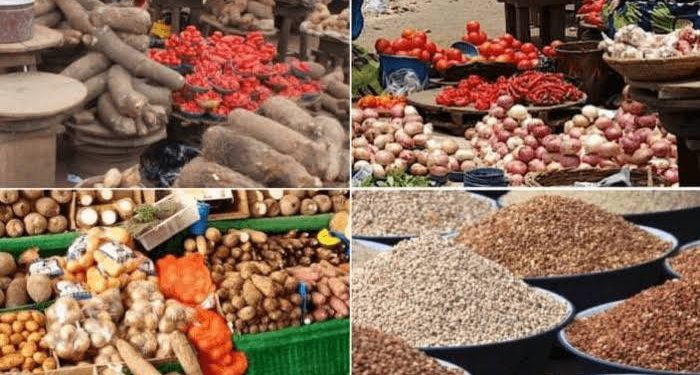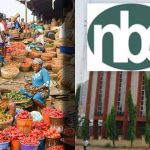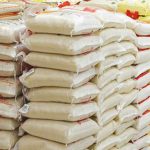Food inflation in Benue State has surged to an alarming 51.8% year-on-year in April 2025, more than doubling from 23.3% recorded in March. This dramatic rise, reported by the National Bureau of Statistics, reflects a deepening crisis in one of Nigeria’s key agricultural hubs, with food prices also rising by 25.6% month-on-month.
The state’s overall inflation rate climbed to 34.3% in April from 20.8% in March, driven largely by the spiraling cost of food. The latest Consumer Price Index report revealed that Benue recorded the highest year-on-year and month-on-month food inflation in the country, outpacing states like Ekiti and Kebbi.
This surge is particularly troubling given Benue’s role as Nigeria’s “food basket,” renowned for producing large quantities of staple crops such as yam, maize, rice, and soybeans. However, worsening insecurity in the state has severely disrupted agricultural activities. Reports of armed attacks, particularly in areas like Guma, Gwer East, and Agatu, have resulted in loss of lives, mass displacement, and widespread destruction of farmland and livestock.
The violence, often stemming from ongoing conflicts between herders and farming communities, has forced thousands of farmers to abandon their land out of fear for their safety. The disruption has crippled food production and shattered supply chains, with transport routes also under threat from continued attacks.
SBM Intelligence highlighted the far-reaching consequences of these developments, noting that livestock theft and broken trade links are compounding the crisis. The rising food prices in Benue are now rippling across the country, intensifying nationwide inflationary pressures.
While some states such as Ebonyi, Adamawa, and Ogun recorded the lowest year-on-year food inflation rates—some even experiencing month-on-month declines; Benue’s spike underscores the vulnerability of food systems to insecurity.
The federal government and security forces have pledged renewed efforts to restore peace and protect farming communities. But experts insist that beyond security, immediate interventions such as the provision of farming inputs, food assistance, and infrastructure rehabilitation are critical to stabilizing production and controlling inflation.
Without swift and sustained measures, Nigeria’s wider food security could remain under severe threat, especially as the Middle Belt—the core of the country’s agricultural output—grapples with persistent conflict.










